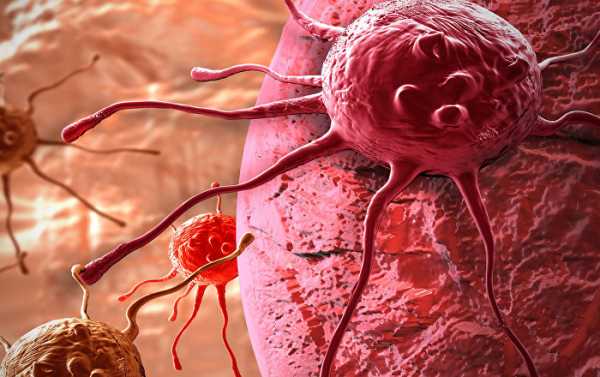
Cancer describes a variety of illnesses caused by the rapid autonomous expansion of cells. It is the second most-frequent cause of death worldwide, killing more than 8 million people per year and is expected to increase by more than 50% over the coming decades. It is largely associated with lifestyle and age.
A massive study was published on Wednesday, which examined the genomes of various cancers and could pave the way for more targeted and improved cancer treatment.
The decade-long Pan-Cancer Project studied the details of how tumours form. The project brought together more than 1,300 researchers across the world to tackle sequencing the genomes of 38 types of cancer in nearly 2,800 patients.
Their work produced a variety of discoveries, including the number and location of so-called driver mutations which drive cells to reproduce uncontrollably, as well as similarities between different types of cancers.
The results represent the largest and most comprehensive study of whole cancer genomes ever, being published in nearly two dozen papers in Nature and other Nature Research journals.
The massive variety in cancer genomes is a key finding of the work, according to Peter Campbell of the Wellcome Sanger Institute, who is also a member of the steering committee.
“The most striking finding is just how different one person’s cancer genome is from another person’s”, he told AFP.
Campbell revealed that there are were a variety of “exciting themes” discovered, such as how early development of some cancers can occur decades prior to diagnosis, even in childhood.
This would broaden the ability to tackle early signs of cancer before they develop.
The results reveal that there are thousands of combinations of mutations within and between individual cancers, as well as more than 80 mutation-causing processes, some age-related, others inherent, as well as linked to lifestyle choices such as smoking and drinking.
While most work on sequencing the cancer genome is focused on around two percent known as the protein-coding genes, the Pan-Cancer Study sequenced entire genomes, discovering an array of cancer causing driver mutations in the remaining 98 percent, or “non-coding genes”.
Enormous variations were found, from very few in cancers seen in children, to up to 100,000 in samples of lung cancer.
In around five percent of cases, no known driver mutations were identified, implying there are mutations yet to be discovered.
It also revealed that cancers in one part of the body can sometimes be similar to others.
“We may have a type of breast cancer and prostate cancer where the driver mutations are similar”, said Joachim Weischenfeldt, co-author and associate professor at the University of Copenhagen.
“This means that the patient with prostate cancer may benefit from the same treatment as the one you would give the breast cancer patient”, he said in a university-published statement
The findings therefore could help identify cancers which have thus far been hard to detect, target them based on their specific mutation drivers, and lead to an earlier diagnosis of developing tumours.
Sourse: sputniknews.com






